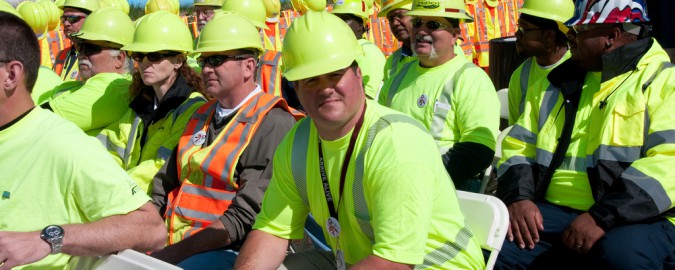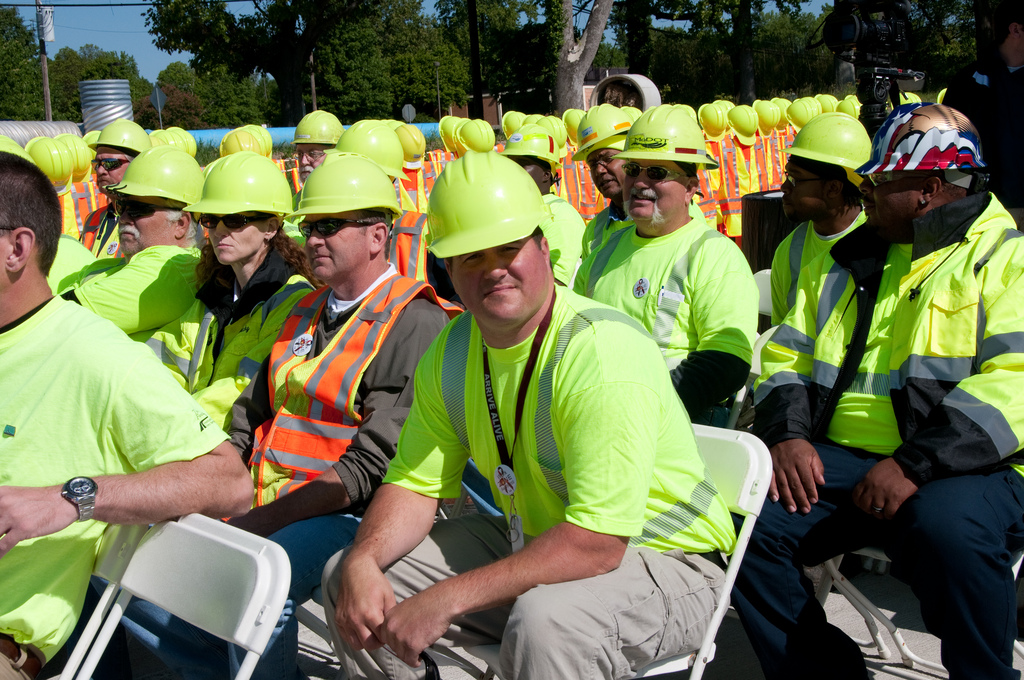Previous Event: 10th May 2012
 D5528_CM-61 By MoDOT Photos, licensed creative commons
D5528_CM-61 By MoDOT Photos, licensed creative commons
Challenging New Work Health Safety Laws for Changing Times
Bill Tobin
Manager of Workplace Safety Services, Uniting Resources
About the Speaker:
Bill Tobin is the Manager of Workplace Safety Services for the Uniting Church in NSW and the ACT with responsibility for the development of Work Health Safety Policy and Management System framework, as well as management oversight of Workers Compensation strategy implementation. The Uniting Church (NSW/ACT) employs approximately 14,000 people across a diverse range of about 1000 entities and is supported by approximately 100,000 volunteers.
Bill has been a permanent resident of Australia since1988 and during that time has held senior management positions with Country Energy, Iplex Pipelines and ICI Dulux in functional areas which included: Organisation Development, Operational Manufacturing, Workplace Relations and Safety Health & Environment.
Prior to 1988 Bill was a resident of the UK, during which time he held both operational and management positions in the UK Fire and Police services, a specialist EEO role in local government, as well as technical roles in sales, service engineering and electrical installation.
Meeting Notes:
Bill Tobin spoke about the New Work Health & Safety Laws, here are some notes from the discussion.
In the first instance, what needs to be done by a ‘Person Conducting a Business or Undertaking’ (PCBU)…
- Identify Officers and other duty holders under WHS Act and Regulations;
- Ensure duty holders understand their obligations and what steps need to be taken to ensure compliance: to include ‘Officers’ (due diligence), ‘Workers’ (Employees and Volunteers), ‘Others’ and other ‘PCBU’s’;
- Review and identify where current WHS Policy, system, processes, procedures and practices do not meet the new requirements and revise accordingly – actively involve Officers;
- Provide training to Officers to enable them to understand their obligations, carry out their functions and undertake their duties of exercising due diligence;
- Establish processes for consultation with Workers and other duty holders;
- Now and ongoing, in consultation with all Workers, document a process of risk analysis: identify hazards and risks associated with work, eliminate hazards and risks where reasonably practicable and if this is not possible, implement controls to minimize the likelihood and consequence of harm;
- Treat volunteer Workers, virtually the same as employees – i.e.: develop the following: Volunteer Policy (when is a volunteer a volunteer?), Volunteer Agreement (similar to employment an contract, to establish what is being agreed, when work will be undertaken and at what times etc); Position Description (outline the scope and parameters of the volunteer work and what the duties of the volunteer are);
- Inform all Workers of their obligations, identify training needs, implement training, confirm competency and understanding, establish processes of supervision where appropriate and monitor work performance;
- Implement effective access control to workplaces;
- Keep evidence that you have done everything reasonably practicable to prevent a contravention;
- Implement transitional arrangements where necessary.
Note:
In relation to the duties aligned to a PCBU under WHS laws: It needs to be remembered that in any situation where a statutory obligation exists, it would not be sufficient to simply strive to meet a ‘common law duty of care’ and treat matters of ‘risk’ as if attempting to minimize a public liability exposure. The WHS Act and regulatory requirements must be complied with and Codes of Practice must be considered when striving to develop and implement safe systems and places of work.
